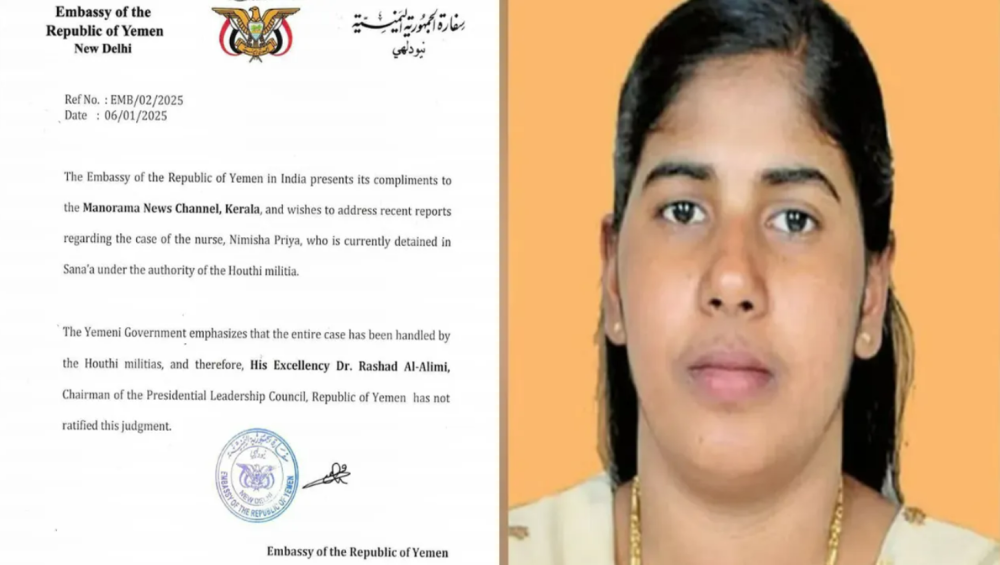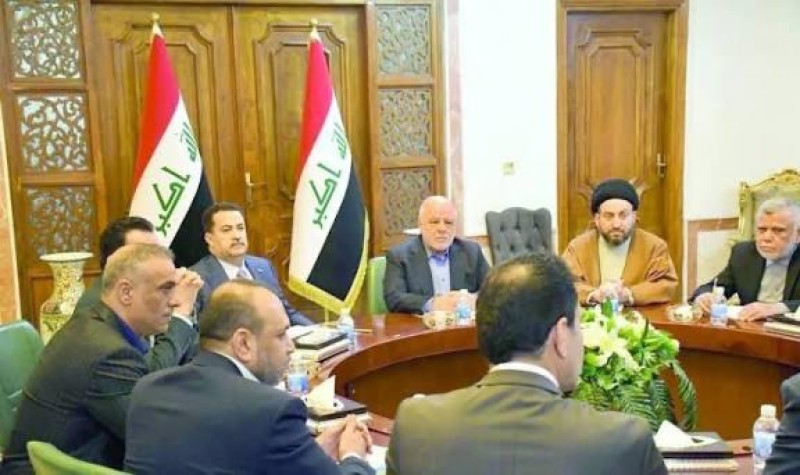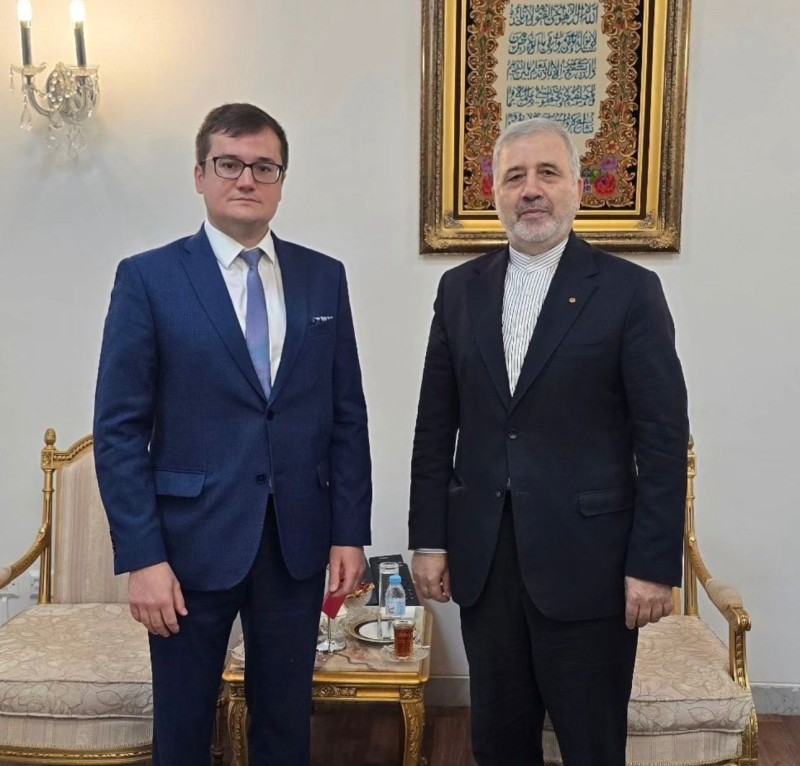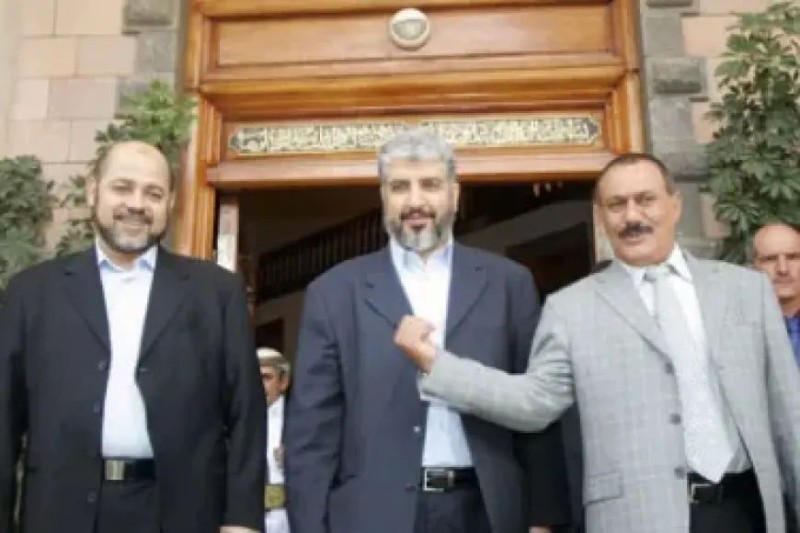Yemen embassy denies President’s approval of execution order for Nimisha Priya


The Embassy of the Republic of Yemen in New Delhi officially denied recent media reports that claimed President Dr Rashid Al-Alimi had approved the execution order for Nimisha Priya, a nurse from Kerala currently facing the death penalty in Yemen.
In a formal statement released on Monday, 6 January, the Embassy addressed the growing controversy surrounding Priya, who has been held in Sanaa’s Central Prison since her 2017 conviction for murder.
The Embassy clarified that the case of Nimisha Priya falls under the jurisdiction of the Houthi authorities in Yemen, and President Al-Alimi has not sanctioned the death sentence.
The clarification comes after reports surfaced suggesting that President Al-Alimi had upheld the execution order, which was initially handed down in 2024.
Nimisha Priya convicted for murder
Nimisha Priya, originally from Kerala, was convicted for the 2014 murder of Talal Abdo Mahdi, a local shopkeeper and her business partner. Priya had moved to Yemen in 2008 and worked as a nurse at a government hospital in Sanaa.
Dissatisfied with her low wages, she left her job in 2014 to open her own clinic. Under Yemeni law, foreign nationals are required to partner with a local citizen to run a business, and Priya entered into a partnership with Talal Mahdi.
The business relationship, however, deteriorated, eventually leading to Mahdi’s tragic death. Following an investigation, Priya was convicted of murder. While Priya’s defence team attempted to negotiate a resolution with Mahdi’s family and tribal leaders, their efforts were unsuccessful, and the case continued to escalate.
The potential for a diplomatic resolution gained further attention when Iran offered to mediate the situation.
During a diplomatic visit to India, Dr Takht Ravanchi, Iran’s Deputy Minister of Foreign Affairs, expressed his country’s willingness to intervene on humanitarian grounds. “On humanitarian grounds, we are willing to do whatever we can to help mediate the situation,” Dr Ravanchi told reporters.

Baghdad — The Iraqi government announced the dismissal of several officials following controversy over the inclusion of Lebanon’s Hezbo…

Riyadh – The Russian Embassy announced that Russian envoy Kudrov met with his Iranian counterpart in Saudi Arabia to discuss the latest devel…

Sana’a – A leaked phone call between former Yemeni President Ali Abdullah Saleh and Hamas leader abroad Khaled Meshaal has revealed sha…